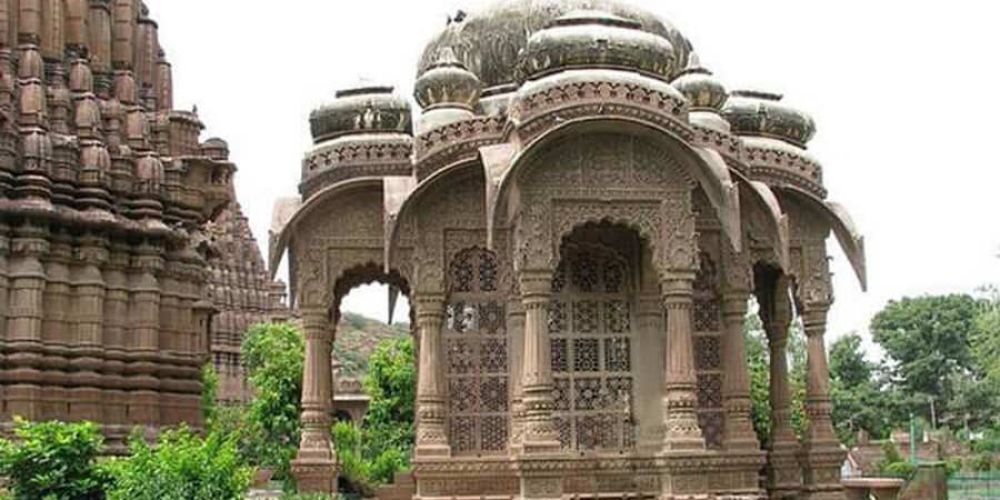

The Achal Nath Shivalaya is a revered ancient temple dedicated to Lord Shiva, situated in the historic city of Jodhpur, in the Indian state of Rajasthan. This temple, with its deep historical roots, has been a significant spiritual destination for centuries, attracting devotees and tourists alike. Here's a brief look at the temple's tourism history.
The temple was established during the 16th century and is said to have been constructed under the patronage of Rao Ganga, the then-ruler of Marwar (present-day Jodhpur). The temple's foundation was laid by Nanak Devi, the queen of Rao Ganga on 21st March 1531. This place of worship has since been an important landmark in the spiritual landscape of Rajasthan.
Achal Nath Shivalaya is noted for its exquisite Rajput architecture, a prominent feature attracting tourists. The beautiful stone carvings, intricate patterns, and the grandeur of the temple's design are a testament to the craftsmanship of the era and continue to draw the attention of art and architecture enthusiasts.
Historically, the temple was primarily visited by Hindu pilgrims owing to its religious significance. However, over time, as Jodhpur positioned itself as a key cultural hub in Rajasthan, the Achal Nath Shivalaya became part of the broader tourism circuit. The city’s iconic forts, palaces, and vibrant festivals enhanced its appeal.
In recent decades, Jodhpur has witnessed a sustained growth in tourism. The Government of Rajasthan along with the Ministry of Tourism of India has initiated numerous campaigns promoting heritage sites, including the Achal Nath Shivalaya. The "Incredible India" campaign and state-related tourism drives have significantly contributed to increasing footfall at this historic temple.
More recently, with the advent of digital platforms and social media, tourism trends indicate that travelers are increasingly seeking out experiences that are unique and culturally enriching. The Achal Nath Shivalaya fits well into this trend, providing visitors with a glimpse into the spiritual and architectural legacy of India.
Moreover, the push towards sustainable and responsible tourism has made sites like Achal Nath Shivalaya notable examples of preserved historic landmarks. Efforts are being taken to maintain the temple's integrity while accommodating the growing number of visitors.
Today, visitors to Achal Nath Shivalaya can enjoy the calm and serene atmosphere of the temple, participate in traditional worship rituals, and admire the remarkable craftsmanship of the temple structure. Tourists can also hire guides to better understand the history and cultural significance of the site or engage in photography to capture the essence of this historical jewel in Rajasthan.
The Achal Nath Shivalaya continues to be an integral part of the cultural and spiritual itinerary of those visiting Jodhpur, and its contribution to the tourism history of the region remains both significant and evolving.